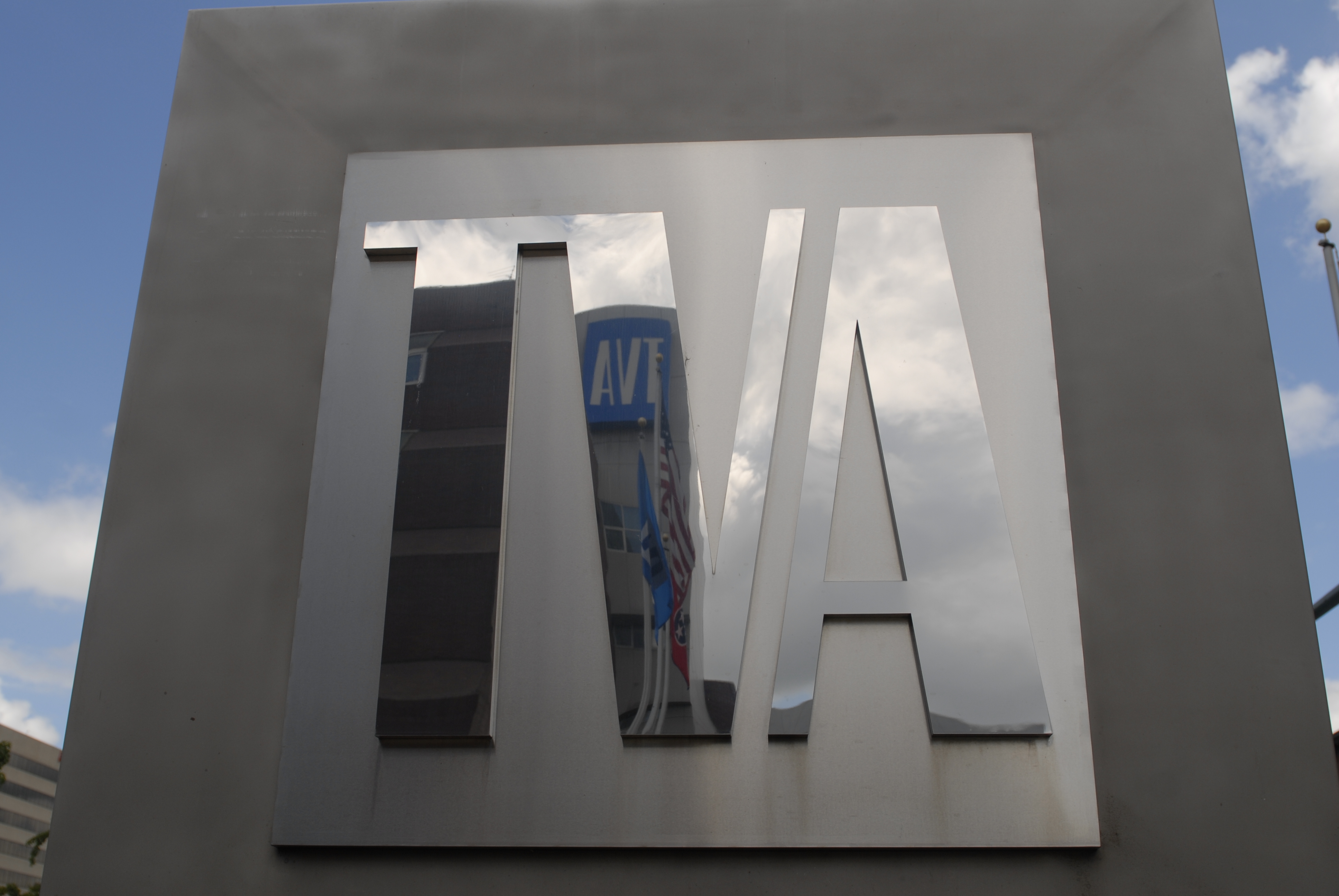TVA privatization would benefit all: GOP should follow Obama's lead
Friday, January 1, 1904
President Barack Obama has a good idea.
That's a sentence that has never been written on this editorial page and, barring miraculous circumstances, will not again.
Obama, who, by any historical definition is a socialist, has endorsed one of the most free market policy stances in recent memory. In fact, his idea is so rooted in limited government that the Right's beloved freedom fighter, Barry Goldwater, was the first to propose it.
Obama's grand plan? Privatizing the Tennessee Valley Authority.
The president's 2014 budget, which was submitted to Congress on Wednesday, declares: "Reducing or eliminating the Federal Government's role in programs such as TVA, which have achieved their original objectives and no longer require federal participation, can help put the nation on a sustainable fiscal path."
There is little doubt that TVA's "original objectives" of providing "navigation, flood control, electricity generation, fertilizer manufacturing, and economic development in the Tennessee Valley" were achieved long ago.
More to the point, TVA succeeded in its underlying goal of bringing electricity to poor rural areas in the South, while improving farming practices and eliminating malaria. Now electricity is cheap and easily available and malaria is, thankfully, a distant memory in our region.
There is also little doubt that, given TVA's crippling debt load, the possibility of a sizable profit from privatization and the agency's ability to avoid paying taxes, the divestiture of TVA would certainly "help put the nation on a sustainable fiscal path."
While aging Southerners, who grew up revering collectivist New Deal schemes, and TVA employees, who have a vested self-interest in protecting the clumsy, inefficient government-owned utility monopoly, may scowl in opposition, privatizing TVA is the right move.
The advantages of selling off the federal government's energy company are numerous, including:
• Safety and accountability -- TVA is exempt from nearly 140 federal laws, such as workplace safety and hydroelectric licensing. Private electric companies are required to follow much more stringent regulations, some of which may have prevented the 2008 spill of a billion gallons of wet coal ash that that polluted 300 acres around Kingston, Tenn.
• Environmental benefits -- TVA's artificially low power rates cause over-consumption and stall the pursuit of inventive energy solutions. Additionally, the government-run authority has little economic incentive to improve efficiency in operations or through new capital investment. Changing that model could dramatically reduce electricity usage.
• Increased tax revenues -- While the feds stopped giving TVA direct taxpayer-funded handouts to help bankroll its operations in the late-1990s, the agency still receives significant subsidies. That's because TVA pays no taxes, only small payments in lieu of taxes. The federal, state and local taxes that private businesses pay don't apply to TVA.
• Remove taxpayer liabilities -- Currently, TVA's debt is nearly $25 billion. With only $60 million in net income off of $11.2 billion in revenues, the agency is barely breaking even and is incapable of paying down its debt. Add to that the fact that billions are needed to modernize power plants and improve infrastructure and TVA will likely soon need to exceed its debt cap of $30 billion. TVA's finances aren't viable in the long term and when the bills come due, American taxpayers may be on the hook.
The downsides of privatizing the TVA are much harder to find. The only real argument for keeping the TVA's assets in government hands are weak arguments like, "people like the TVA how it is" and "that's how we've always done it." Sadly, that stale mindset has overtaken area Republican lawmakers who claim to oppose government control and socialist programs.
In a written statement, U.S. Sen. Bob Corker, R-Tenn., admitted TVA is riddled with problems, but remained cold to the White House's talk of privatization. U.S. Rep. John J. Duncan Jr., of Knoxville, called the proposal "a very bad idea." Mo Brooks, a Republican congressman from Northern Alabama, said he was "skeptical" of Obama's idea to sell off TVA.
U.S. Sen. Lamar Alexander, R-Tenn., told the Times Free Press, "There is today no federal taxpayer subsidy for TVA, period." Alexander is right, but only if you don't count the millions and millions in taxes the TVA doesn't have to pay. The senator continued, "There is by law no federal taxpayer liability for TVA debt." Again Alexander is right, as long as the TVA can pay its bills. If the agency can't, taxpayers may end up picking up the tab.
Jess Brown, a policy analyst for WHNT News 19 in Huntsville, pointed out that even though TVA is "clearly an element of socialism [that put] the government directly into the economic development, the regional development [and the] electricity producing business," conservative lawmakers in TVA areas "might not be so quick to dismantle socialism in their home districts."
Judging by the mindset of our Republican senators and congressmen, a huge government-owned energy authority is socialist if it's in someone else's district, but it's a proper function of government if we benefit from it here at home. The hypocrisy is laughable.
With so much benefit -- and so little downside -- to privatizing TVA, let's hope that Republican lawmakers who claim to defend free markets and encourage privatization actually have the courage to go through with the idea.
It would be a shame to look back and realize that President Obama was actually more committed to the free market principles when it came to privatizing the services provided by the TVA than a bunch of supposedly limited-government conservatives.

